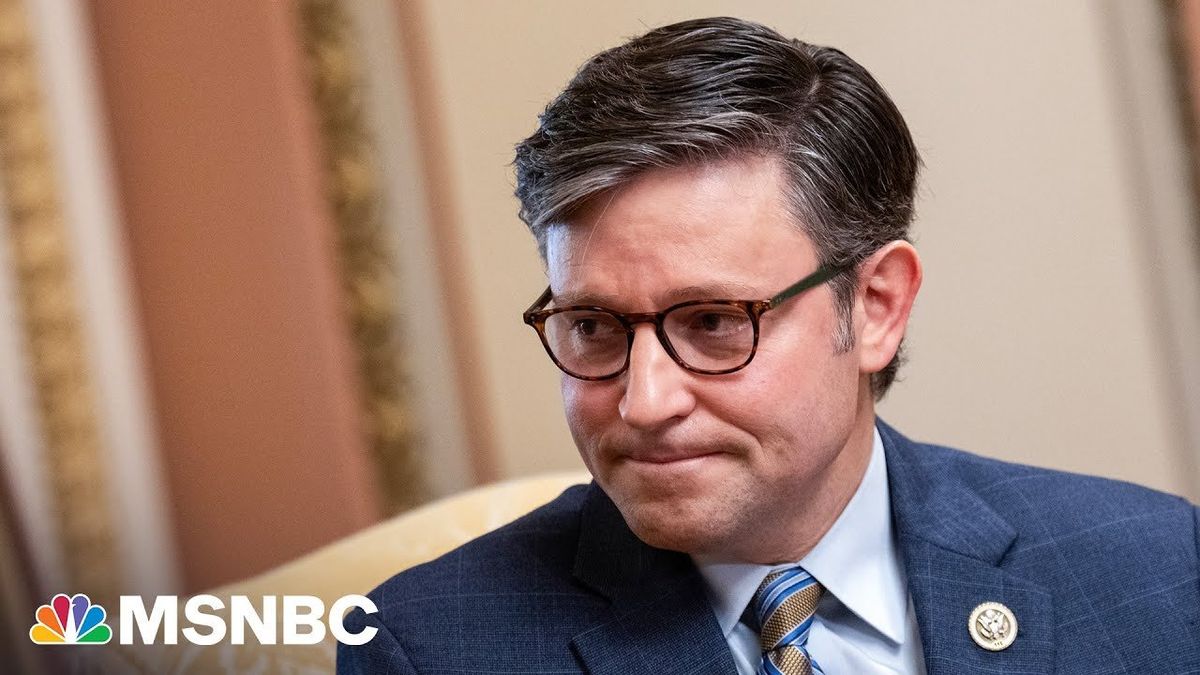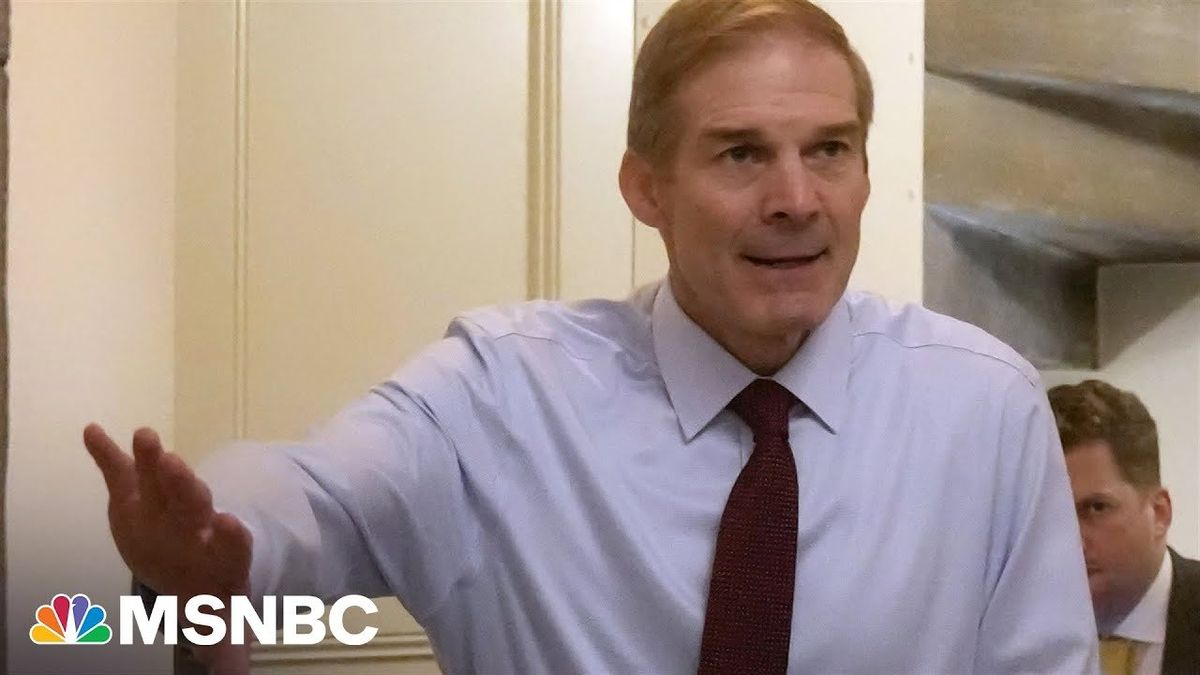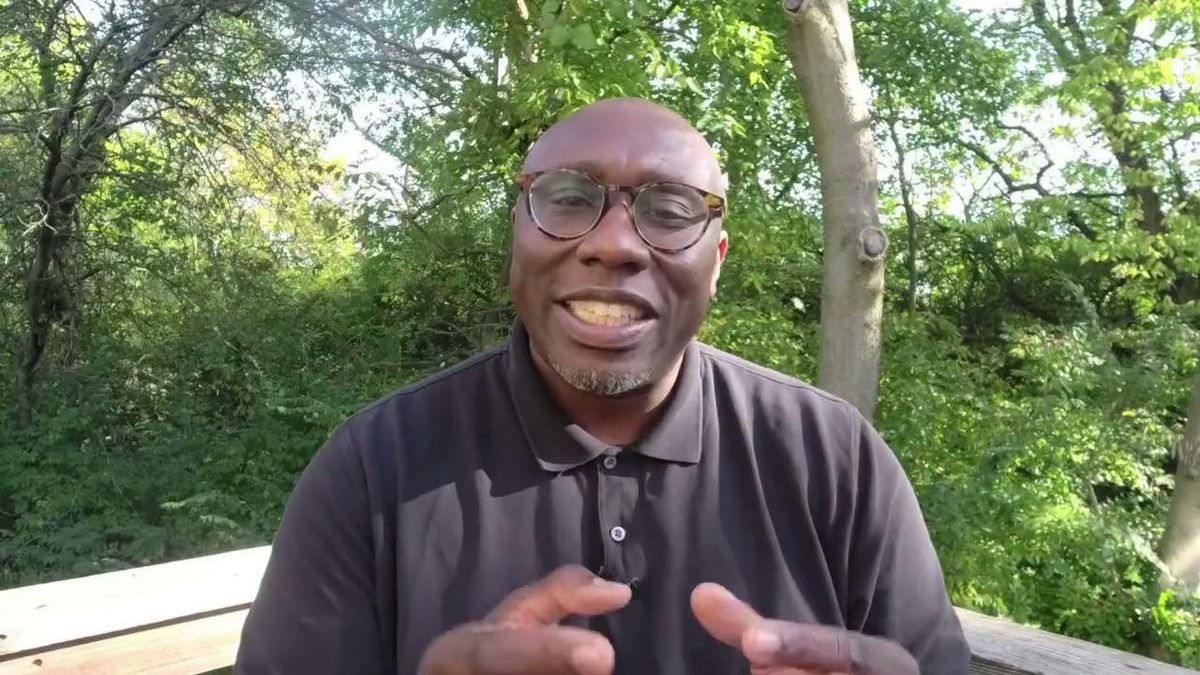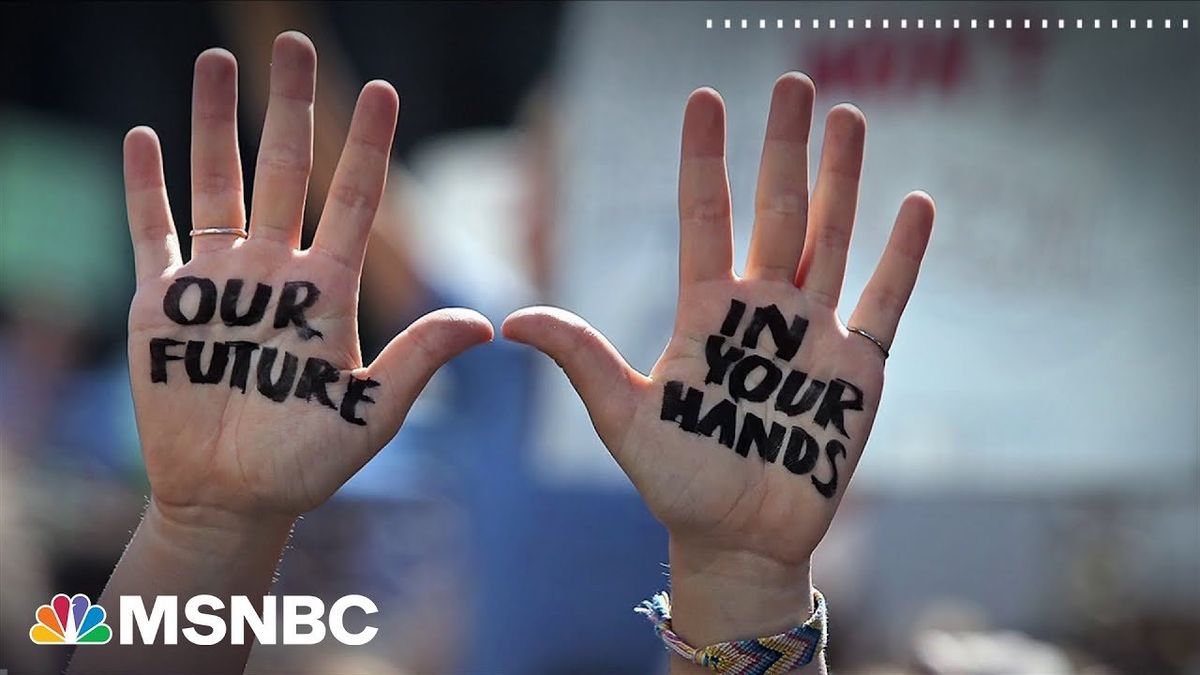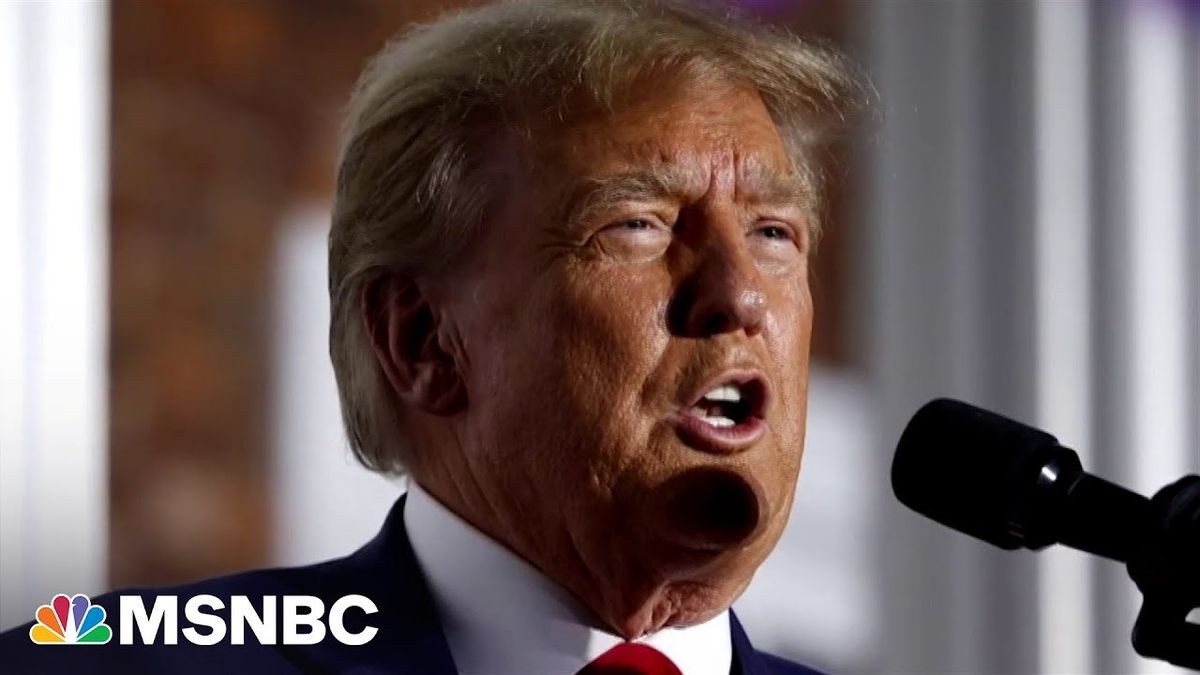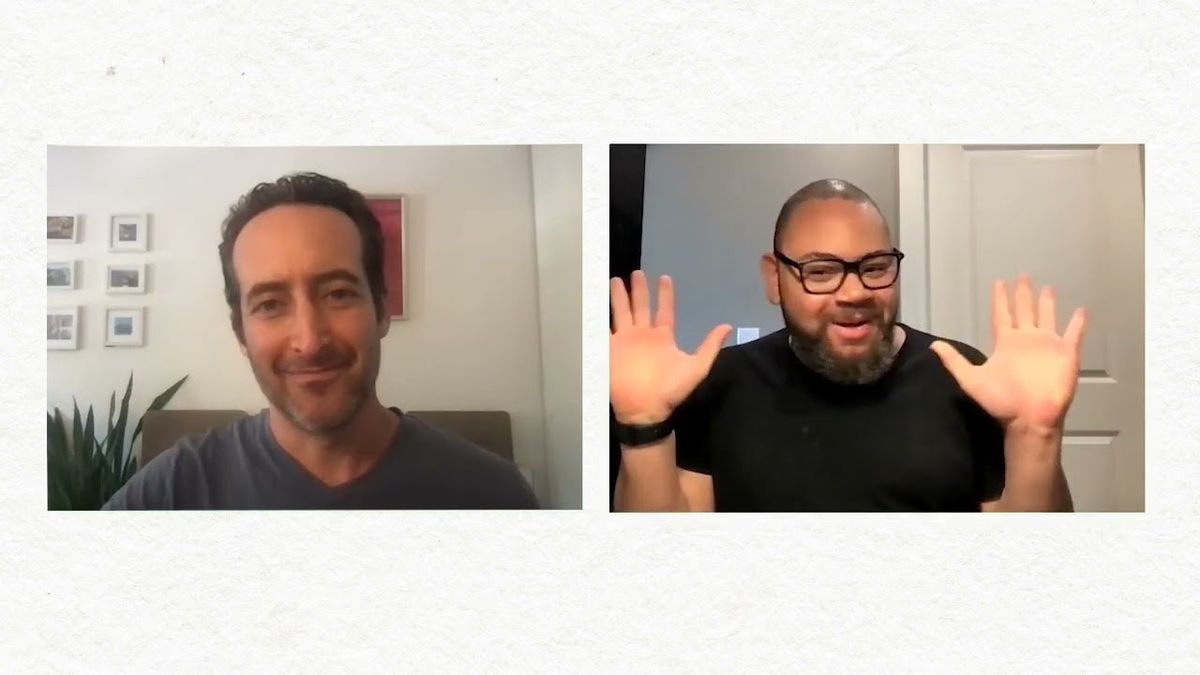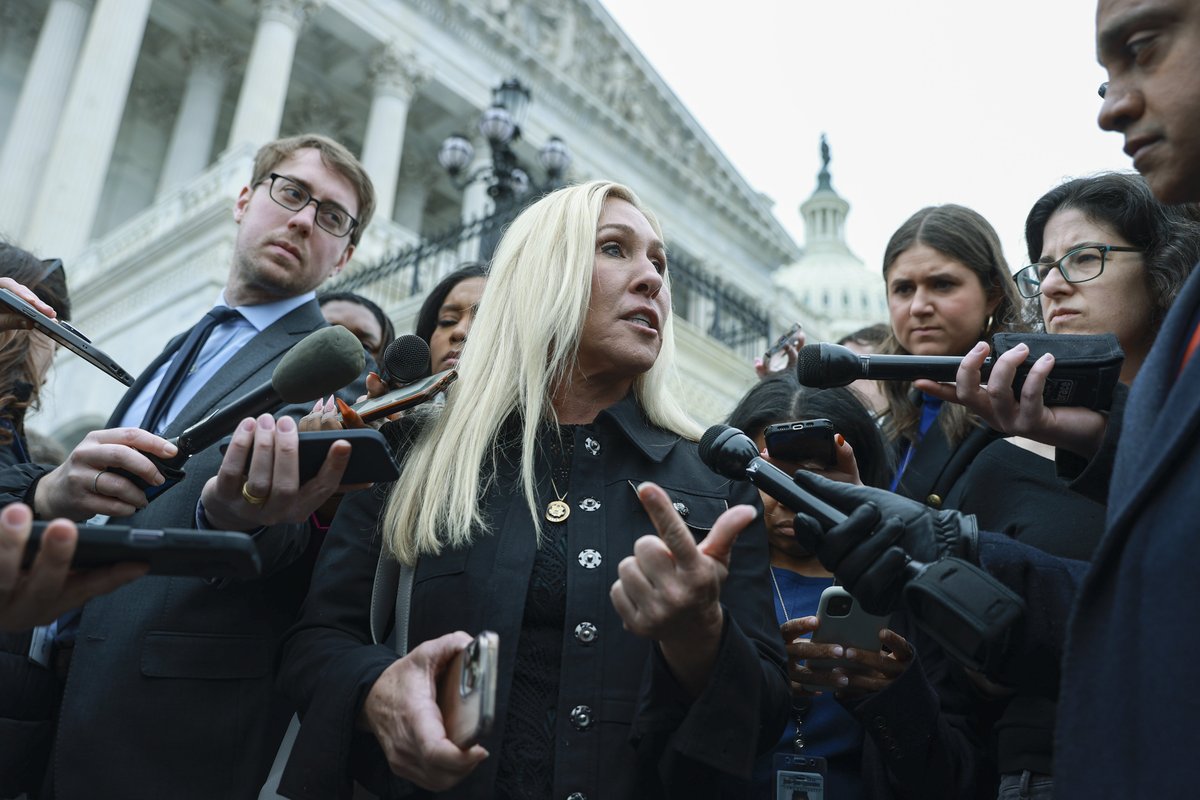The disease wreaking havoc with our democracy is a two-party system rooted in presidentialism. The Framers of the Constitution never intended political parties and believed the governmental system they created would avoid them altogether. And yet, the constitutional structures they put in place paved the way for a two-party duopoly that has divided our politics and placed our democracy at a crossroads. To emerge from this crisis a thriving democracy, we need more political parties that play a meaningful role in governance. To get there, we’ll need to transform our presidential system of government into a parliamentary one.
Sign up for The Fulcrum newsletter
I reached this conclusion after studying how other nations around the globe practice democracy. I analyzed seven present and former democracies that have succeeded or failed in facing down their own institutional threats — England, France, Germany, Israel, Taiwan, Brazil, and Venezuela. A virtual tour of those nations, with insights from other nations along the way, reveals that thriving democracies avoid the twin dangers of too many parties or too few. Political scientists recognize that four to eight parties is the ideal number, and that a system known as mixed-member proportionality, or MMP — which originated in Germany following World War II — is best suited to achieving that goal. To emerge from our crisis of democracy, we must borrow some of the practices of these other countries and become Parliamentary America.
I propose three specific reforms — each corresponding to a constitutional amendment — that together can save our constitutional democracy. The first amendment would enlarge the House of Representatives and ensure proportional representation. The second would shift presidential and vice presidential selection from elections among voters to party coalitions in the House of Representatives. And the third would empower a supermajority of House members to remove a sitting president for maladministration based on no confidence. Together, these reforms would end the two-party duopoly, create space for genuine third parties, end partisan gerrymandering, temper vote suppression, moderate the most extreme ideologies, reduce polarization, and incentivize negotiation and compromise.
The first electoral reform amendment doubles the House — initially from 435 to 870 members — with half continuing to be elected by district, a new cohort elected by party, and the entire chamber based on proportional representation. The amendment ensures a fixed size that can be altered by statute, and it assesses proportionality by state. Party proportionality won’t be perfect, but it will be good enough to break the party duopoly and let smaller — third, fourth or more — parties thrive despite not capturing a majority of voters or electors to the Electoral College. It rewards voters who support smaller parties, no longer admonishing them, each election cycle, that doing so wastes their votes.
The voting system will produce more parties, but that alone isn’t enough to end our constitutional crisis. For multiparty democracy to thrive, third parties must play a vital role in forming the government. Without tackling presidentialism, a multiparty House is merely a first step toward reform.
The second electoral reform amendment provides third parties that essential role. This reform shifts the ultimate selection of the president and vice president from the voters to coalitions among parties in the expanded House of Representatives. Based on the first reform, each voter casts two House ballots, one by district and one by party, gaining the power to signal the preferred direction of the eventual multiparty coalition. Following the House election, leaders of up to five parties, in descending order of representation, conduct negotiations on a preset schedule until a majority coalition forms. The party that leads a successful coalition negotiation will have its predetermined slate of candidates, which may be chosen through a primary cycle or other means, win the offices of president and vice president.
This amendment ensures third (or more) parties a vital function in forming majority coalitions, providing a genuine payoff to their members in the form of negotiated policy commitments or valued appointments. In doing so, the amendment encourages voters to support candidates who genuinely embrace their policy and ideological commitments, rather than being admonished each election cycle that doing so supports spoilers or randomizers.
The third amendment finally provides a mechanism for ending a deeply problematic presidency. The amendment empowers a 60 percent supermajority of House members to remove a failing president based on no confidence for maladministration. Although the amendments leave the impeachment clause intact, this removal standard is lower than impeachment, a process that hasn’t once removed a sitting president.
In Parliamentary America, successful campaigns can no longer succeed simply by denigrating the opposition. Success will demand building bridges and a proven capacity to work with coalition partners. No voting scheme can alone end our problematic media culture, which in the age of social media rewards divisive news feeds that increasingly entrench opposing sides. But this proposal will improve incentives by reducing the payoffs of dominating such feeds with unreliable, hyperpartisan content.
Many people will dismiss this proposal because they think it’s impossible to amend the Constitution — after all, it’s only been amended 27 times and the last amendment was over 50 years ago. But as Larry Schwartztol and Justin Florence recently explored, history demonstrates that amending is “always impossible, except for when it suddenly becomes inevitable.” The central question concerning constitutional amendments remains: How do you convince the people who most benefit under current arrangements that this proposal would be better?
These amendments are politically viable and can pass for two reasons.
First, they significantly enhance the prestige and power of political actors and institutions at the federal, state and local levels. Not only will sitting members of Congress continue in office; they also gain new powers. Party leaders in the House gain the tremendous power to choose and remove the president. Senators, now members of an even more exclusive club, continue to hold that body’s special powers and gain an important new one: setting qualifying party thresholds for the House. Rank-and-file House members, no longer beholden to the leaders of only two parties, gain new channels of access to power. Through proportionality and state party lists, which state legislators will play a key role in developing, local politicians gain a desirable fast track from the legislature to Capitol Hill. And politicians leading third, fourth or more parties will play a vital role in forming the government and working policy in their preferred location.
Second, the amendments are a defense mechanism against other electoral reform proposals, including ideas that threaten the power and prestige of those whose support is needed to approve them. Such alternatives include reapportioning the Senate; at-large multimember House districts; ranked-choice voting; limiting House and Senate terms; and replacing the Electoral College with the national popular vote (including by interstate compact). While well-intentioned, the listed congressional reforms cannot be enacted because they translate into an unemployment act for sitting members. If a constitutional convention (which has yet to occur since our founding) took place, the electoral reform amendments become even more attractive as a pressure-release valve that protects members of Congress against other proposals that threaten their status. Although the interstate voting pact would end upside-down Electoral College outcomes, it would invite broader efforts at vote suppression and electoral contests as outcomes would then turn on minuscule counting differences literally anywhere in the United States.
The features of the amendments that might seem most troublesome — leaving the Senate intact, allowing House members to remain as incumbents, and not limiting congressional terms — make them politically viable. The greatest reform challenge is that effective solutions, especially when compared with alternatives, must appeal to the very institutions — both chambers of Congress and the political parties themselves — they seek to rectify. Reformers must resist the urge to punish political actors for past bad behavior by blocking power and, instead, motivate them to embrace benign change.
Joe Biden has declared the 2024 election is a battle for American democracy. But so too was 2020. And our democracy remains under threat. Averting disaster can’t rest on the fortuity of any single outcome. Our last radical reforms were enacted over a century and a half ago. At best we’ll have one shot at getting this right. It is time to get to work.



